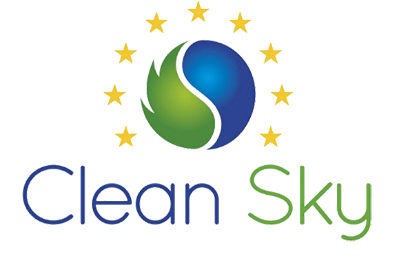
REducing WorkloAd Through EffiCient TechnOlogy and ProceduRes - REACTOR
Funder
CleanSky2 (European Union)
Total value of project
£3,911,930
Value to Coventry University
£250,954
Project team
Professor Don Harris, Dr James Blundell, Dr Steve Scott
Collaborators
GE Aviation Systems (Lead), BAE Systems, Deutsches Zentrum für Luft- und Raumfahrt (German Aerospace Centre)
Duration of project
April 2016 - December 2021

Project overview
Aviation safety is of paramount concern to everyone in the aerospace industry from component, equipment, system and whole aircraft designers and manufacturers through airline operators, flight and ground crew to passengers. Cockpit workload and specifically pilot workload and situational awareness have been identified as key contributors to aircraft safety and have been cited along with aircraft system complexity in a number of recent accident reports1. As cockpit crew are key actors during the flight, their behaviour and actions play a major role in the achievement of the safety performance. In addition, cockpit avionics, providing the tools to support the crew’s activities and allowing the interaction between the pilot, the aircraft and the outside world, likewise play a significant role in providing several layers of protection. Trends within the aerospace industry indicate potential for cockpit work load to increase.
One consequence of these trends is that pilots will need to work with increasingly complex aircraft systems and will need to operate in increasingly congested airspace with a potentially detrimental effect on pilot workload. At the same time the aerospace industry is working to ensure greater levels of safety. There is a need to introduce automation into the cockpit, simplifying aircraft operations and reducing cockpit effective workload.
Coventry University provided Human Factors support for the development of voice command, pilot visor, pilot monitoring and ground control support station technologies. In addition, Coventry developed a predictive model of pilot workload for the prospective estimation of cognitive demand for use in the early design stages of new flight deck technology development.
Project objectives
The objective of the REACTOR project is to develop and evaluate a suite of technologies in support of reduced cockpit workload and improved situational awareness.




